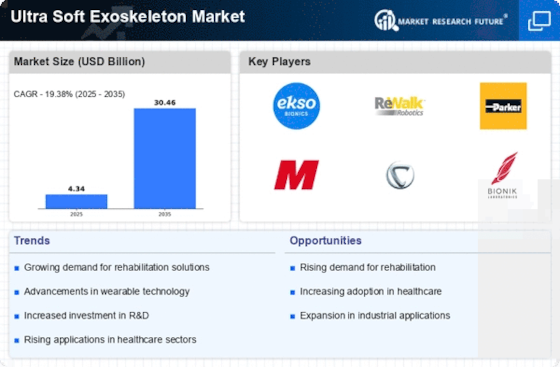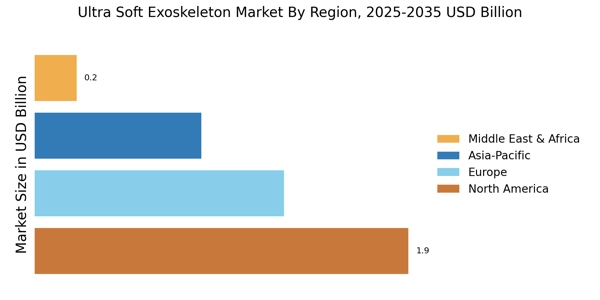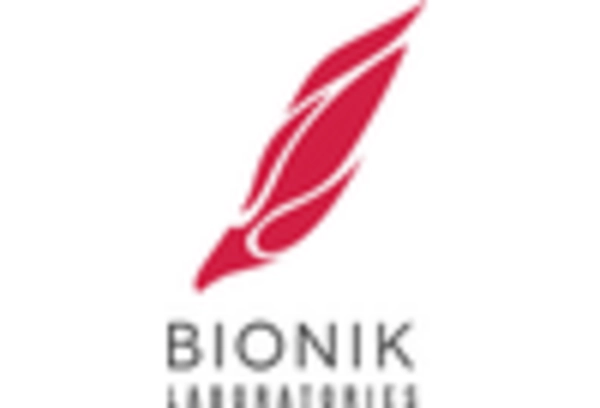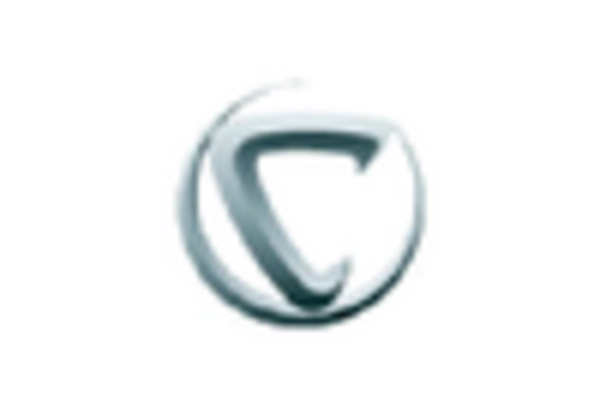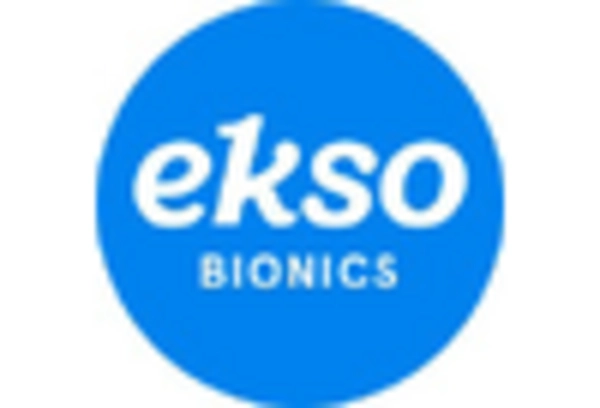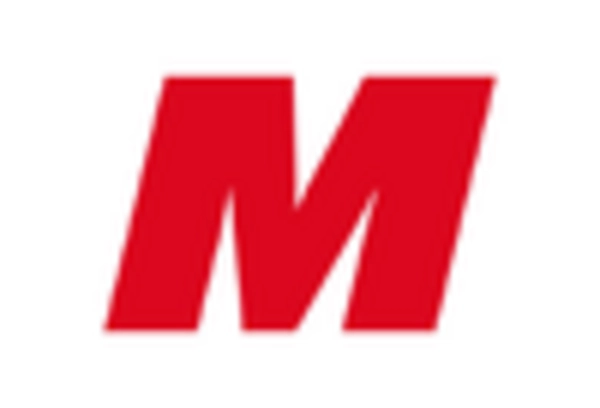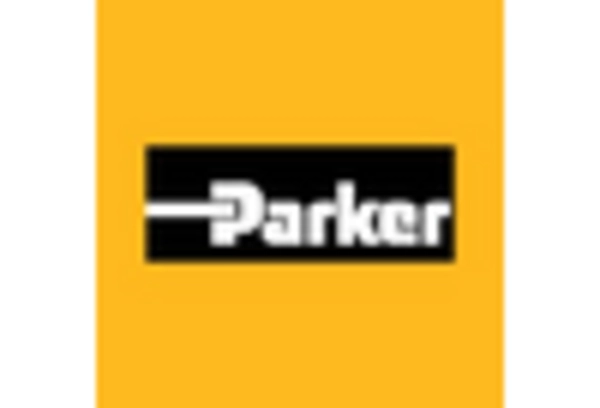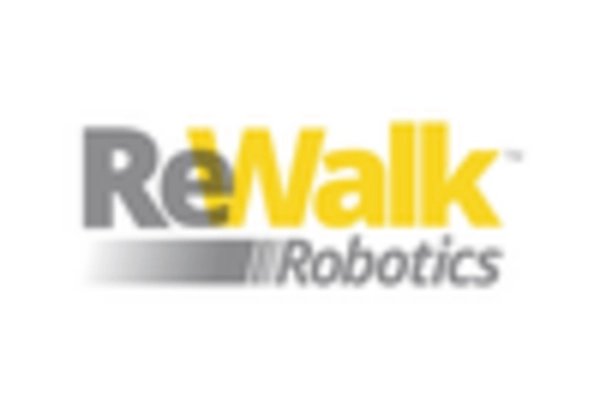Expansion of Elderly Care Services
The expansion of elderly care services is a driving force behind the Ultra Soft Exoskeleton Market. As the global population ages, there is a growing emphasis on providing support for elderly individuals to maintain their independence and quality of life. Ultra soft exoskeletons offer a practical solution for mobility assistance, enabling seniors to engage in daily activities with greater ease. Market analysis suggests that the elderly care sector is set to grow significantly, with an estimated increase of 25% in demand for assistive technologies over the next decade. This presents a substantial opportunity for the Ultra Soft Exoskeleton Market to cater to this demographic.
Government Initiatives and Funding
Government initiatives and funding aimed at promoting advanced healthcare technologies are playing a crucial role in the Ultra Soft Exoskeleton Market. Various governments are investing in research and development to support the creation of innovative rehabilitation devices. These initiatives often include grants and subsidies for companies developing exoskeleton technologies, thereby fostering a conducive environment for market growth. Recent reports indicate that public funding for assistive technologies is expected to increase by 30% in the coming years, which could significantly enhance the capabilities and reach of the Ultra Soft Exoskeleton Market.
Increased Focus on Workplace Safety
The Ultra Soft Exoskeleton Market is benefiting from an increased focus on workplace safety, particularly in sectors such as manufacturing and construction. Companies are increasingly recognizing the importance of reducing workplace injuries and enhancing employee well-being. Exoskeletons are being adopted as preventive measures to alleviate physical strain and reduce the risk of musculoskeletal disorders among workers. This trend is supported by data indicating that workplace injuries can lead to significant financial losses for companies. As organizations invest in safety solutions, the demand for ultra-soft exoskeletons is likely to rise, contributing to the overall growth of the market.
Rising Demand for Rehabilitation Solutions
The Ultra Soft Exoskeleton Market is experiencing a notable increase in demand for rehabilitation solutions, particularly for individuals recovering from injuries or surgeries. As the population ages, the need for effective rehabilitation tools becomes more pronounced. The exoskeletons provide support and assistance, enabling patients to regain mobility and strength. According to recent data, the rehabilitation market is projected to grow at a compound annual growth rate of approximately 15% over the next five years. This trend indicates a robust opportunity for the Ultra Soft Exoskeleton Market to cater to healthcare providers seeking innovative solutions for patient recovery.
Technological Innovations in Wearable Devices
Technological advancements in wearable devices are significantly influencing the Ultra Soft Exoskeleton Market. Innovations in sensors, actuators, and control systems are enhancing the functionality and user experience of exoskeletons. These developments allow for more intuitive control and improved adaptability to various user needs. The integration of artificial intelligence and machine learning is also paving the way for smarter exoskeletons that can learn from user movements. As a result, the market is expected to witness a surge in demand, with projections indicating a growth rate of around 20% in the next few years, driven by these technological enhancements.


